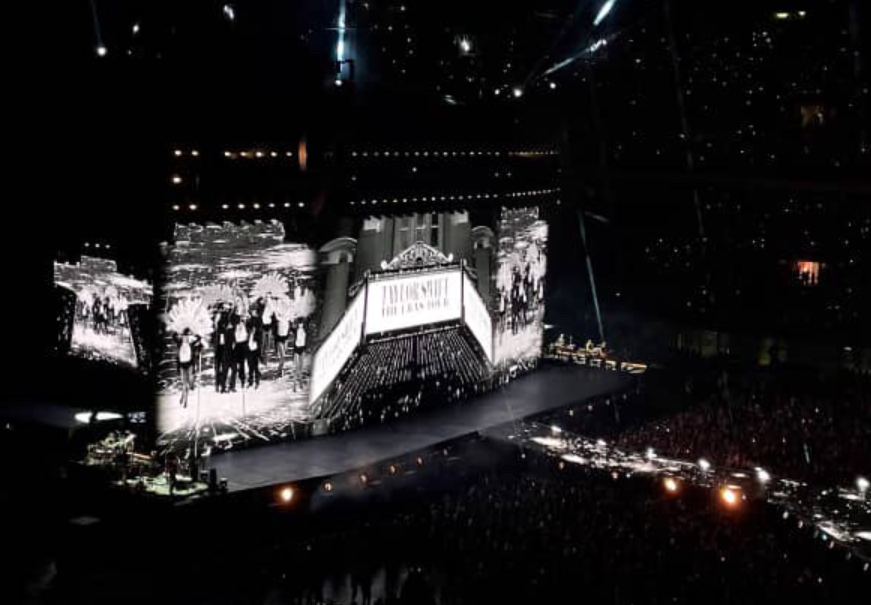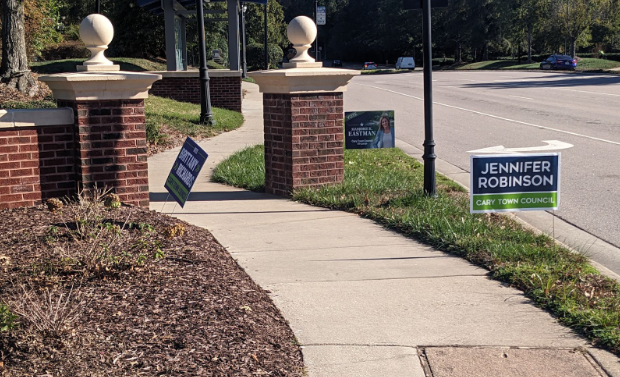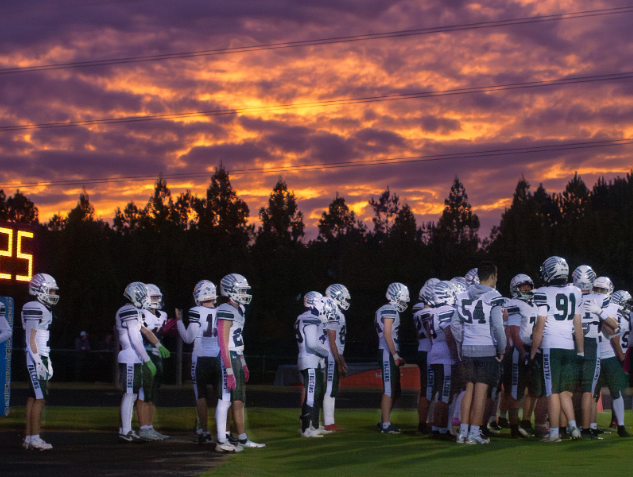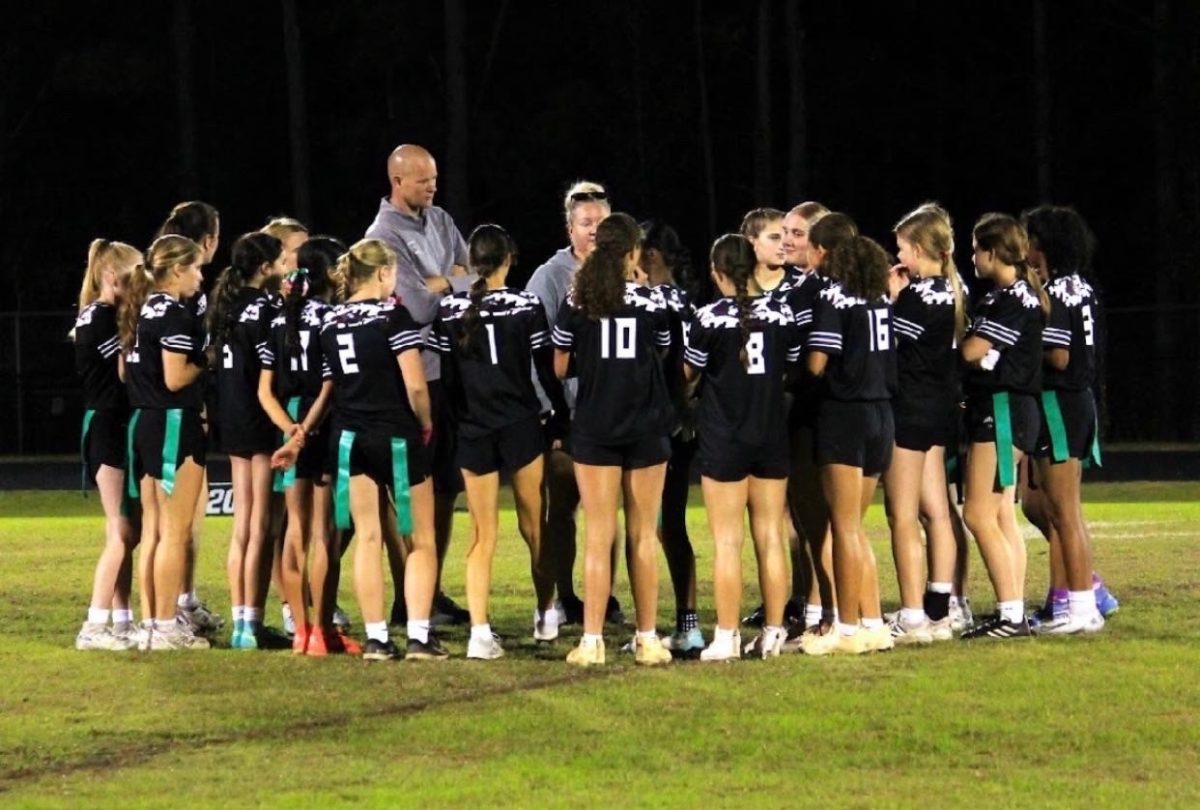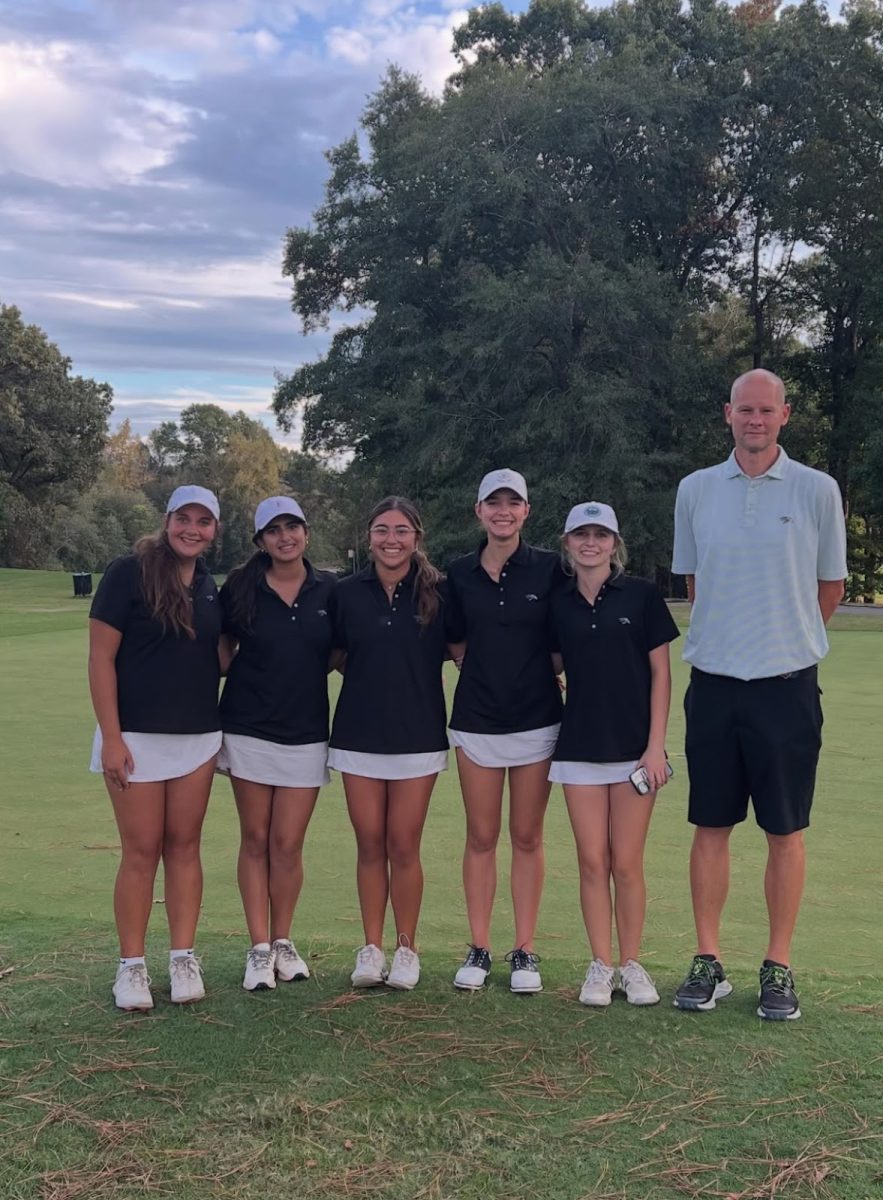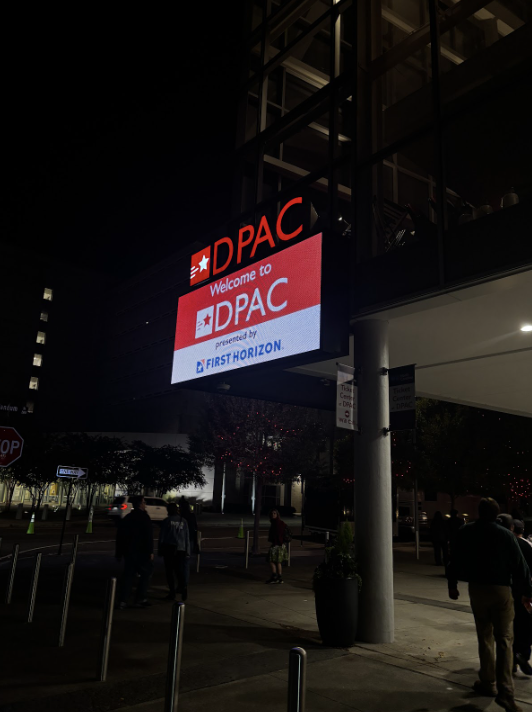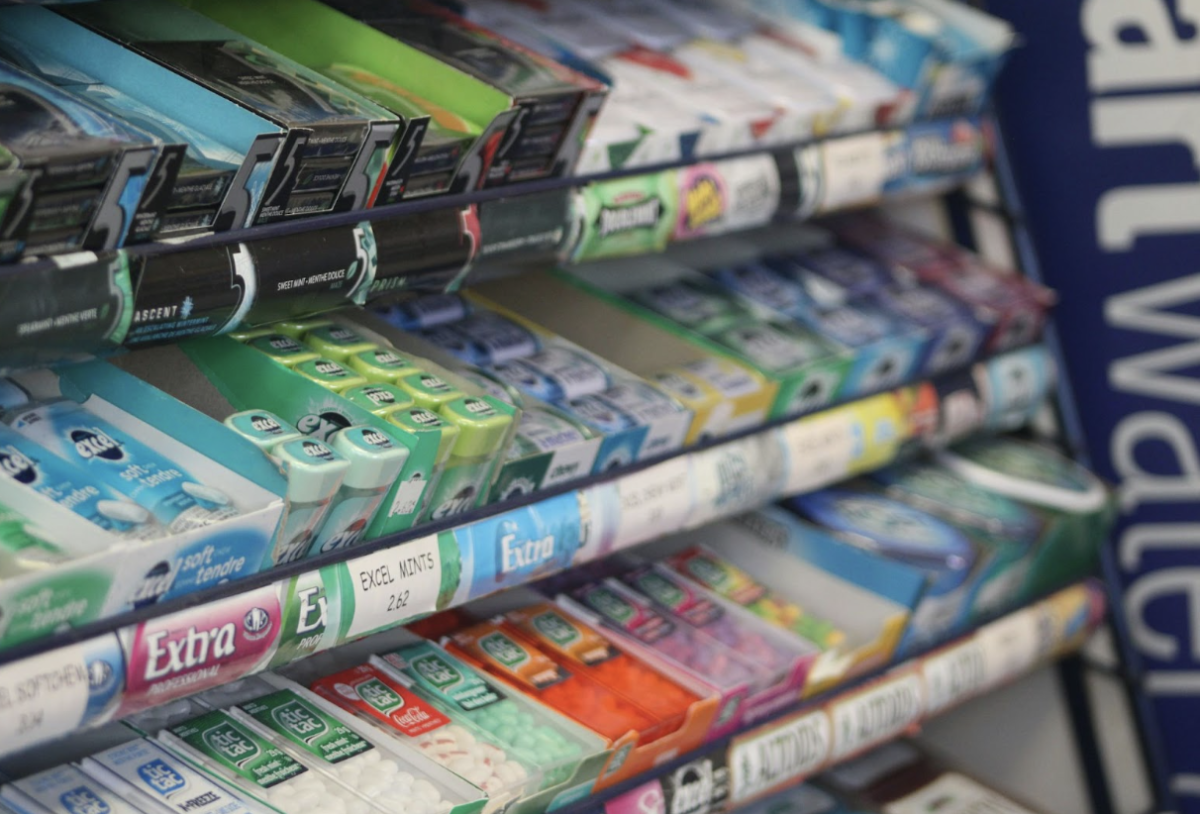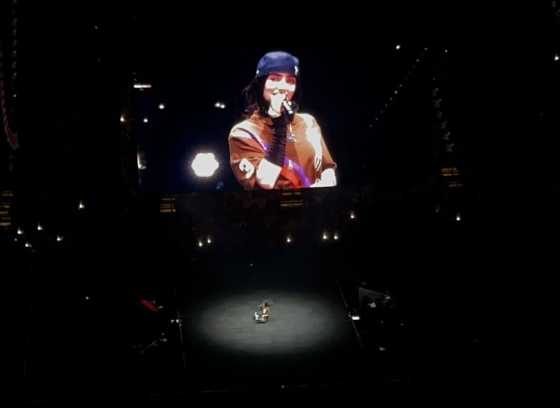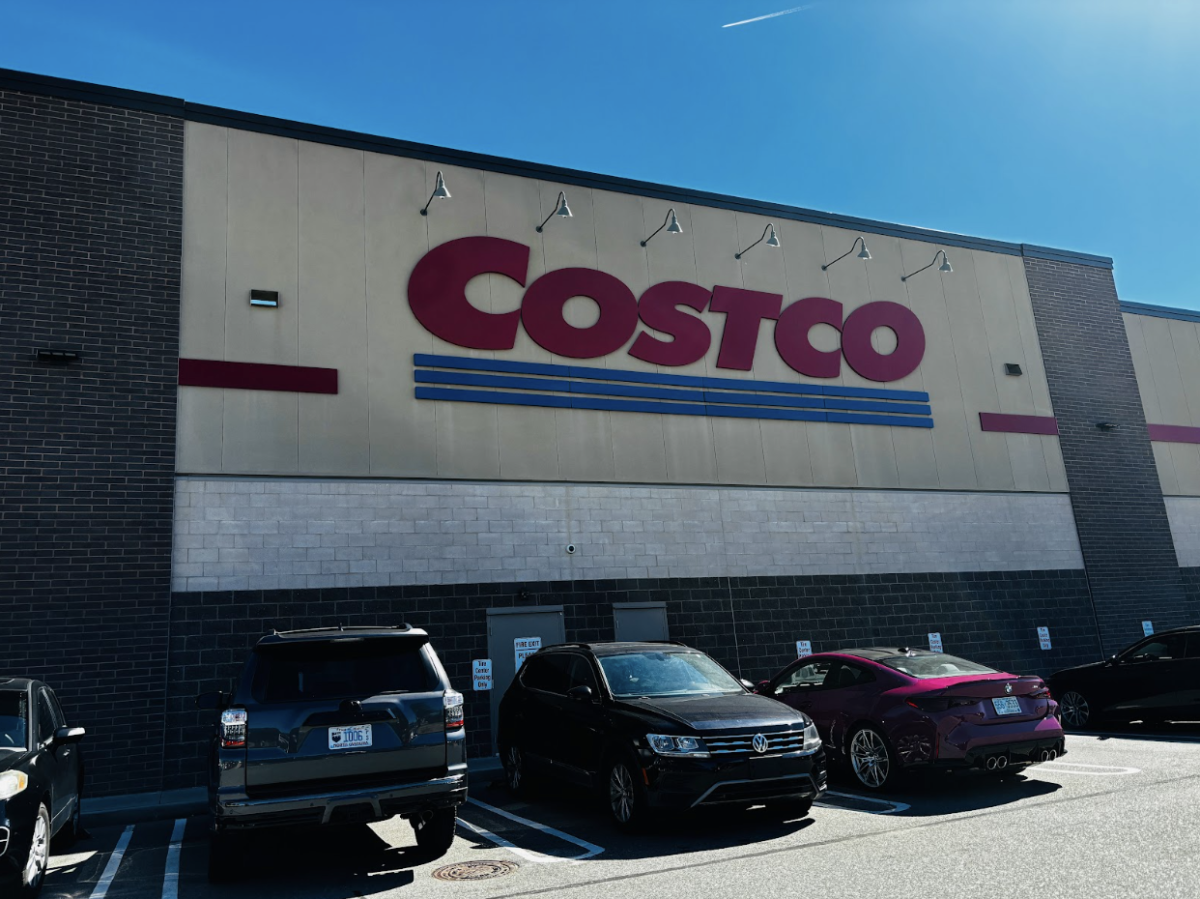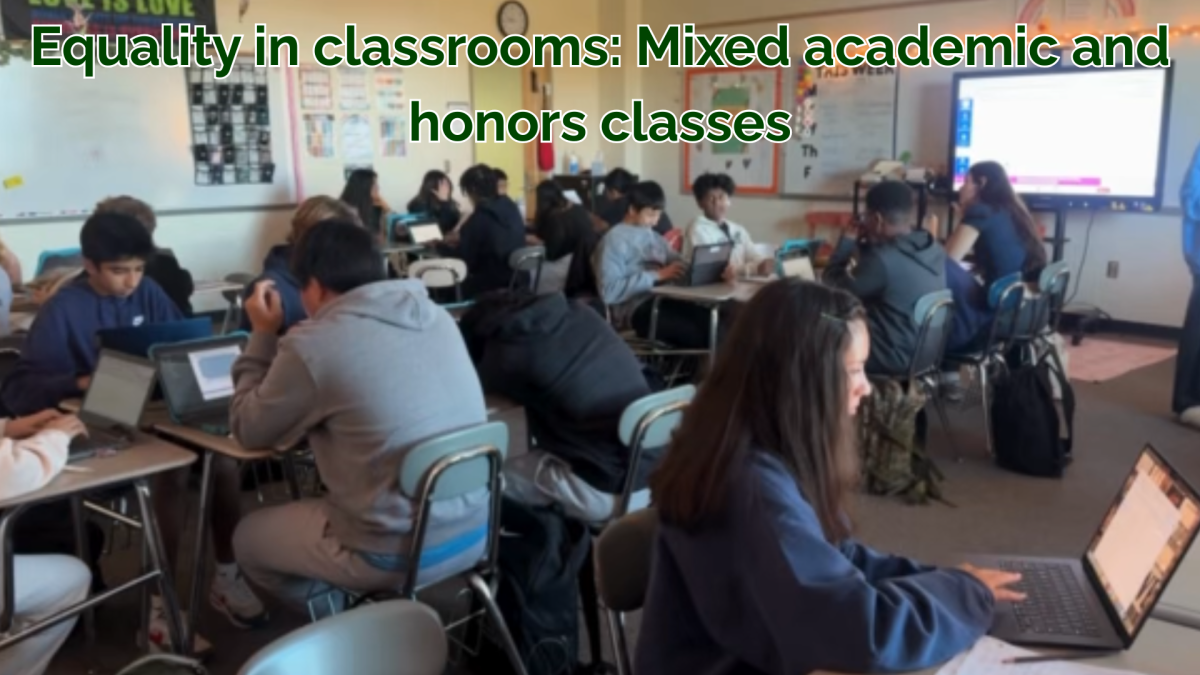Following the COVID-19 pandemic, being able to attend live shows again excited many. The music industry strived, and so did the use of online ticket selling. Since 2019, the average ticket price of $96.17 has increased by 41.3%, according to Pollstar. While the increase in demand offers the possibility of a higher gross revenue, it also opens the door to “scalpers,” those who buy a large number of tickets at the original value and resell them for much higher prices.
These individuals take advantage of the popularity of concerts and use it for their own personal gain. The main problem with scalpers is the prices of their tickets, which are often significantly more expensive than the original price. Concert tickets have already increased in price, and by raising that even more, many are unable to afford to see their favorite artists. For example, if the face value of a ticket is $100, and it’s being resold for the price of $500, lower-class fans are left with two options: paying a heavy, inflated price or not attending at all.
The issue of the lower class being unable to afford some concert tickets raises a question for many: should there be limits on how much one can resell a ticket for? Some states have already determined their stance by passing laws limiting the price that can be charged for resold tickets.
The price one can put up, whether it be under or above the face value, differs heavily depending on where someone lives. In Louisiana, Massachusetts and Rhode Island, there are regulations that prevent reselling tickets for more than 10-20% of the original ticket costs. In states like Florida, New York, North Carolina and Texas the price is not capped, but there are qualifications one has to meet. All four states require the reseller to have a license or a written contract. They also require a guaranteed refund to the designated buyer if they ask or the event is cancelled in any way. Despite the regulations in these states, tickets can still be resold for higher prices than the originals.
One of the more recent incidents involving ticket scalping was with Ariana Grande. After announcing her first tour in almost 6 years, the supply was low, with Grande only stopping in 10 cities. Her popularity, combined with the low supply, was the perfect opportunity for scalpers to rake in extra money. While the face value was set to $80 to $200 on Ticketmaster, the internet was flooded with people reselling them not only on Ticketmaster but also on secondary platforms for up to $1 million. The average price of a ticket set with inflation in 2019 on her Sweetener Tour was only $110.06. The amount that people were reselling her tickets for her upcoming tour eventually got back to Grande, and she went on her Instagram, stating her disapproval. Grande expressed her awareness and dislike of the situation, and her determination to find a solution in her free time to make sure the tickets get into the hands of actual fans.
Ariana Grande isn’t the only one who has expressed disapproval of the situation. Other artists like Taylor Swift and Ed Sheeran have also gone online to fight against promoters’ flawed system.
Artists aren’t the only ones upset, many fans have expressed their frustration with having to miss out on concerts due to heavy resale prices. One of those was music lover Kaitlyn Rosefsky (‘27), who talked about her struggle with getting upcoming Billie Eilish tickets and her disapproval of ticket reselling. When asked about her opinion on the matter, she stated, “I don’t believe that ticket prices should be resold for face value because typical resale tickets are just people buying more tickets than they need just to make a bunch of profit off of it, and it takes away the chance for many actual fans to get affordable tickets from the origins source.” She also stated that ticket reselling should be allowed, but only for the right reasons, “The only reason why people should be selling tickets is because they bought the wrong tickets on accident or can’t make it to the concert so they can get the money back for their ticket. But they should not be allowed to go over the face value.”
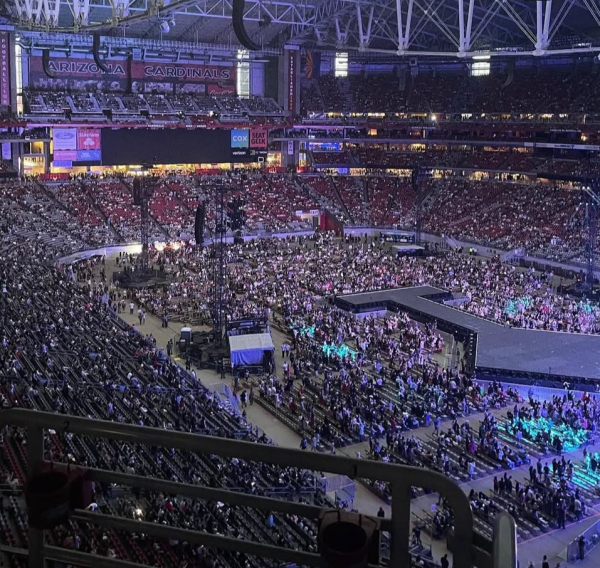
Other fans, specifically of Taylor Swift, were especially affected by scalping during the sale of tickets for the Eras Tour. The opportunity to see the star in concert and hear songs from all of her albums live made demand soar. For this reason, millions were unable to attend due to inflated prices.
One of the main advantages of putting limitations on resells is fair access. If you live in a lower-income household, but have been a fan of the artist for years, an opportunity would arise for someone to go to the concert for a reasonable price. It would also give consumers more protection from scalpers in general by restricting them from using the profit from tickets for their own benefit. This helps to open fair access, as it gives fans who actually want to go to enjoy the concert a chance to get fairly priced tickets as well.
When scalpers try to take advantage of the experience to benefit themselves, people shouldn’t have to be faced with the choice to either pay their inflated prices or not attend at all. Having a reasonably limited profit margin on ticket reselling, such as only 20% higher offers, would allow people to be able to attend without having to spend such a large amount of money. Concerts are a once-in-a-lifetime experience that should be available to fans of all classes.

